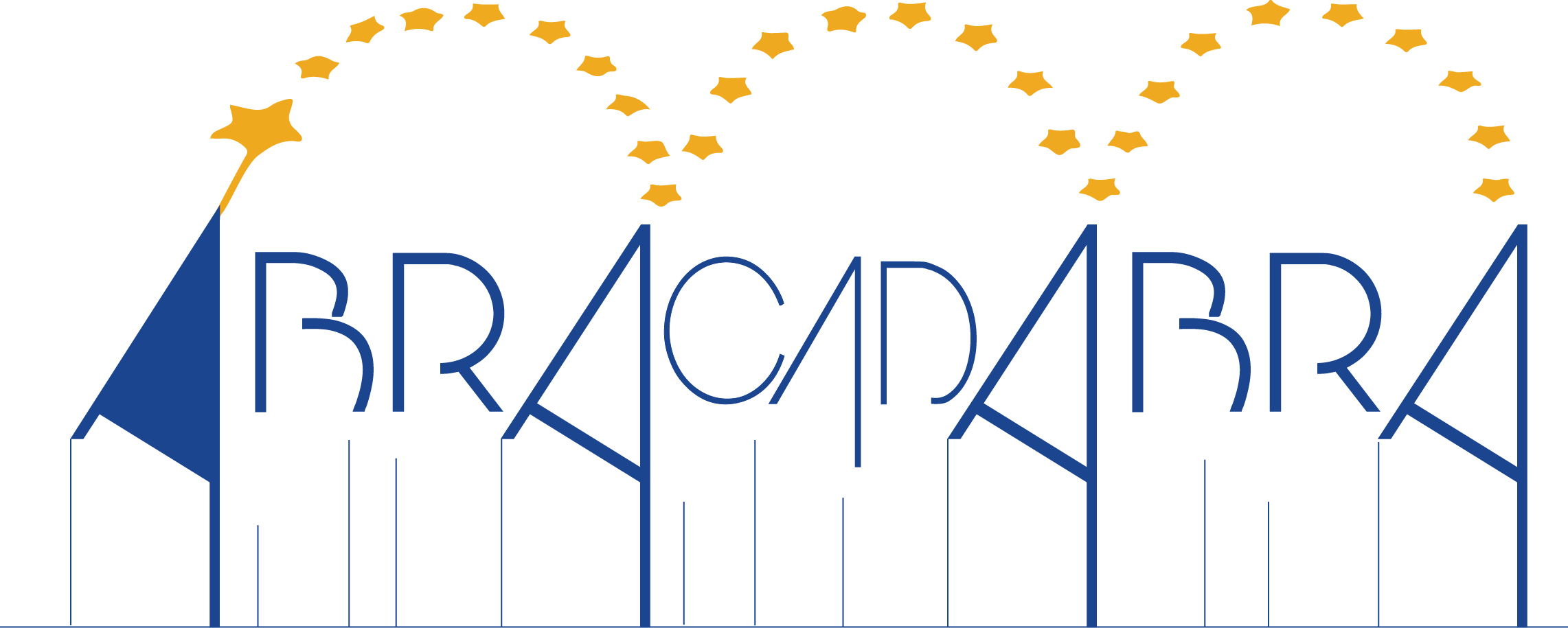
Abstract
ABRACADABRA is based on the prior assumption that non-energy-related benefits play a key role in the deep renovation of existing buildings. In particular, ABRA actions will focus on the creation of a substantial increase of the real estate value of the existing buildings through a significant energy and architectural transformation. The central goals of the proposal consist of an important reduction of the pay back time of the interventions, a strengthening of the key investors’ confidence, increasing quality and attractiveness of the existing buildings’ stock and, finally, reaching a concrete market acceleration towards the Nearly Zero Energy Buildings target. The actual investment gap in the deep renovation sector is due to the fact that high investments are required up-front and they are generally characterised by an excessively high degree of risk and long payback times. It is therefore necessary to develop harmonized, concerted and innovative actions to unlock the needed public and private funds, fill the energy efficiency investment gap and ultimately contribute to re-launch the construction market and create new jobs. Therefore, ABRA aims at demonstrating to the key stakeholders and financial investors the attractiveness of a new renovation strategy based on AdoRe, intended as one (or a set of) Assistant Building unit(s) - like aside or façade addictions, rooftop extensions or even an entire new building construction - that adopt the existing buildings (the Assisted Buildings). The creation of these new Assistant Buildings’ Additions integrated with Renewable Energy Sources aims at reducing the initial investment allocated for the deep renovation of the existing building creating an up-grading synergy between old and new. The ABRA strategy results in the implementation of a punctual densification policy that has been proven capable of fostering the investments in deep renovation of the existing built environment throughout Europe.
Project details
Unibo Team Leader: Annarita Ferrante
Unibo involved Department/s:
Dipartimento di Architettura
Dipartimento di Ingegneria Industriale
Dipartimento di Scienze Economiche
Coordinator:
ALMA MATER STUDIORUM - Università di Bologna(Italy)
Other Participants:
Sociedad Aragonesa De Gestion Agroambiental Sl (Sarga)
(Spain)
Union Internationale De La Propriete Immobiliere (Uipi)
(Belgium)
ICLEI European Secretariat GmbH
(Germany)
Ecuba Srl
(Italy)
Rina Consulting Spa
(Italy)
Technische Universiteit Delft - Delft University Of Technology
(Netherlands)
Energy Pro Ltd
(United Kingdom)
Knowledge Innovation Market S.L. (Kim)
(Spain)
Black Sea Regional Agency For Energy Management (Bsraem)
(Bulgaria)
National And Kapodistrian University Of Athens
(Greece)
Banca Monte Paschi Belgio Sa (Mpb)
(Belgium)
European Partners For The Environment
(Belgium)
Comite Europeen De Coordination De L'Habitat Social Aisbl (Cecodhas)
(Belgium)
RENESCO Ltd.
(Latvia)
Municipiul Brasov
(Romania)
Conseil Des Architectes D'Europe (Cae)
(Belgium)
Norsk Treteknisk Institutt
(Norway)
Total Eu Contribution: Euro (EUR) 1.993.168,75
Project Duration in months: 36
Start Date:
01/03/2016
End Date:
28/02/2019


